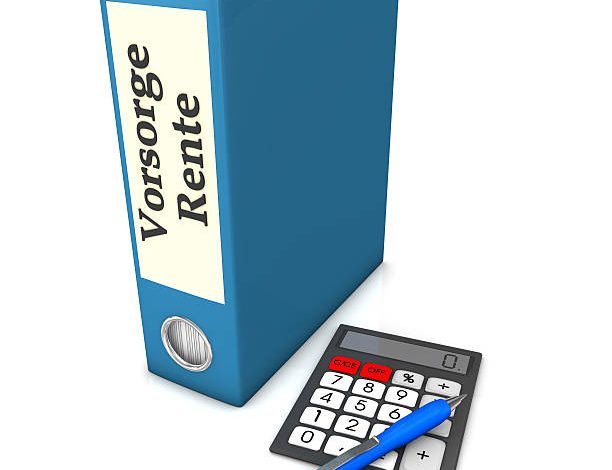
Your Renter’s Guide to Your Rights and Obligations
Tenants have rights and duties while renting a home. To guarantee a fair and honest renting experience, you must be informed of your rights. This handbook will explain your rights as a tenant, including safeguards against discrimination, privacy rights, and the right to a secure and habitable living space. It will also outline your responsibilities, such as paying rent on time, maintaining the property, and sticking to lease restrictions. By understanding your rights and duties, you may confidently negotiate the renting process and maintain a pleasant landlord-tenant relationship.
Right to Fair Housing and Protection Against Discrimination
As a tenant, you are entitled to fair housing and protection from discrimination based on race, color, national origin, religion, gender, familial status, or handicap. This implies that landlords cannot reject housing or charge different rental rates based on certain protected traits. Familiarize yourself with federal, state, and local fair housing legislation to understand your rights and options in the event of discrimination. If you feel you have been subjected to housing discrimination, you can submit a complaint to the appropriate housing authority or the United States Department of Housing and Urban Development (HUD).
Privacy Rights and Landlord Access
As a renter, you are entitled to privacy in your rental home. Landlords must give adequate warning before accessing your rental property, unless in emergencies or under specified situations mentioned in the lease agreement. Generally, 24 to 48 hours’ notice is deemed fair, however this may differ based on state legislation. Understanding your privacy rights makes you feel more secure and in control of your living area. If your landlord violates your privacy rights by entering without adequate notice or for non-emergency reasons, you have the right to raise the problem and seek redress.
Understanding Renewal and Termination
Lease renewal and termination are crucial components of the leasing process that tenants should be aware of. Leases typically renew on a month-to-month basis after the initial lease period expires, unless otherwise noted. However, both landlords and renters can cancel the lease arrangement by giving adequate notice. If you’re thinking about moving into one of the Fayetteville NC apartments, you should study the lease conditions and submit your landlord with the required notice under state and local regulations. Understanding the lease renewal and termination procedure, including the required notice time and any related fees, may help tenants organize their living arrangements more efficiently.
Obligation to Pay Rent On Time
As a tenant, one of your key responsibilities is to pay rent on time, as specified in the lease agreement. Rent is normally due on a set day each month, and failing to pay might result in late fines, eviction procedures, or credit harm. Budgeting and prioritizing rent payments is critical to avoiding financial fines or risking your lease. If you run into financial issues that limit your capacity to pay rent, contact your landlord as soon as possible to explore alternative solutions or payment arrangements.
Obligation to Maintain the Property
Another commitment you have as a renter is to keep the leased property in reasonable condition. This includes keeping the premises clean, quickly reporting any maintenance concerns or damages to the landlord, and adhering to any special maintenance requirements mentioned in the lease agreement. Failure to maintain the property may result in extra charges for repairs or deductions from your security deposit when you move out. Fulfilling your maintenance requirements helps to keep the rental property in good shape and fosters a healthy landlord-tenant relationship.
Adhering to Lease Terms and Rental Policies
Renters must follow the terms and conditions mentioned in their lease agreement, as well as any rental regulations created by the landlord or property management company. This includes laws for noise levels, pet policies, subletting, and visitor limitations. Violating lease conditions or rental regulations may result in warnings, penalties, or termination of the lease agreement. It is critical to research and understand all lease agreements before signing, and to obtain clarification on any unclear terms.
Understanding your rights and duties as a tenant is critical to a positive and happy renting experience. Knowing your rights, such as fair housing protections, privacy rights, and the right to a safe living environment, allows you to fight for yourself and resolve any difficulties with your landlord. Similarly, meeting your commitments, such as paying rent on time, keeping the property, and following lease conditions, helps to foster a favorable landlord-tenant connection and assures a seamless renting process.



